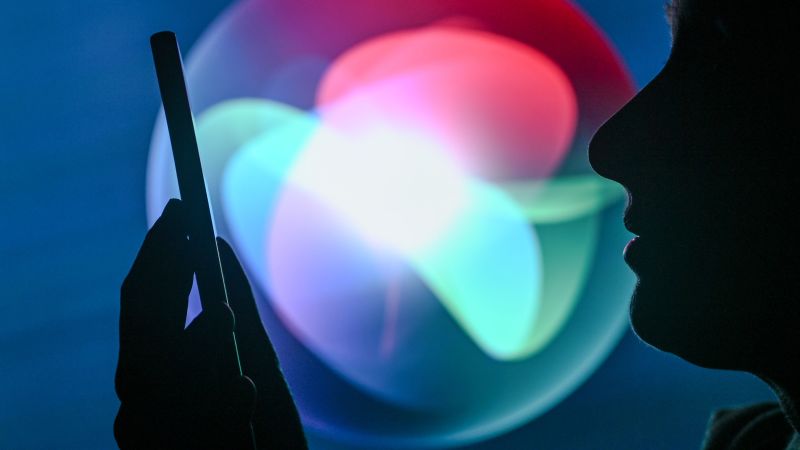In recent times, there have been growing concerns regarding privacy and digital assistants, particularly with Apple’s Siri. If you’ve ever experienced an unexpected activation of Siri without prompt, you might be pleasantly surprised to discover that you could be eligible for monetary compensation from Apple. This potential payout is a result of a substantial $95 million settlement associated with a class action lawsuit. The lawsuit asserts that accidental activations of Siri permitted the assistant to eavesdrop on personal conversations. However, it’s worth noting that Apple refutes these claims and has not provided further comments when approached by CNN regarding the issue.
To qualify for a share of the settlement, individuals must meet certain criteria. Specifically, you need to have owned or purchased an Apple product with Siri activated in the United States from September 17, 2014, to December 31, 2024. Additionally, potential claimants must have encountered an inadvertent Siri activation during a private conversation. This lawsuit highlights the concerns that many owners of Siri-enabled devices may have around their privacy and data security.
Siri, which was first launched in 2011, is Apple’s innovative digital assistant designed to streamline user interaction across a variety of devices. It’s available on devices ranging from iPhones and iPads to Mac computers, Apple Watches, and HomePod smart speakers. The activation process generally involves several spoken commands, like “Hey Siri,” or can be initiated by holding down a button on the device. As reliable as this feature has proven, the accidental activations have raised questions about how often Siri may be listening, leading to privacy concerns among users.
The rise of digital assistants like Siri is not without its controversies. A wave of scrutiny followed Apple and other leading tech corporations after revelations from reputable news outlets, including The Guardian and Bloomberg, indicated that employees tasked with improving these technologies were privy to private conversations without consent. This troubling discovery has amplified public unease regarding the intersection of technology, privacy, and even targeted advertising.
In the legal complaint, plaintiffs have contended that Apple and its partners have used “obscure topics” from inadvertent private conversations to tailor advertisements directed at users, asserting that these practices took place without consent due to unintentional Siri activations. Apple, however, has staunchly defended its practices. The company publicly declared that it has never exploited Siri’s data to develop marketing profiles, nor has it sold user data for advertising purposes. Apple reiterated its ongoing efforts to enhance user privacy, an essential aspect of its mission to foster trust in technological interactions.
To ensure that users are informed about the settlement, Apple has reached out to eligible individuals through emails associated with their Apple IDs. These emails provide essential information needed for filing a claim, including a confirmation code and a link to the dedicated website for the lawsuit. Additionally, there is a public claims form available online, but consumers must provide proof of purchase for their Siri-enabled devices.
Importantly, those interested in filing a claim should be aware of the deadline, set for July 2, allowing for claims on up to five Siri devices, with a potential payout capped at $20 per device. Since the final approval hearing for the settlement is scheduled for August 1, any payments deserved by eligible individuals may be anticipated later this year.
The lawsuit not only addresses the concern about accidental activations of Siri but also prompts broader questions surrounding digital privacy. Many users have expressed feeling as if their devices are constantly listening, a sentiment that complicates their online and real-life interactions. It remains to be seen how this settlement and ongoing discussions around digital privacy will impact user trust in technology and companies moving forward. As public inquiries into technology evolve, it’s crucial for consumers to remain vigilant and informed about their rights concerning digital privacy.



